
Provenef 97mg/103mg Tablet
Manufacturer
Pulse Pharmaceuticals
Salt Composition
Sacubitril (97mg) + Valsartan (103mg)
Key Information
Short Description
Provenef 97mg/103mg Tablet is a combination of two medicines used to treat heart failure, reducing the risk of hospitalization and death in patients with chronic heart failure.
Dosage Form
Tablet
Introduction
Provenef 97mg/103mg Tablet is a combination of two medicines used to treat heart failure. It reduces the risk of hospitalization and death in patients with long-lasting (chronic) heart failure. It is generally given along with other heart failure medications.
Directions for Use
Take this medicine in the dose and duration as advised by your doctor. Swallow it as a whole. Do not chew, crush or break it. Provenef 97mg/103mg Tablet may be taken with or without food, but it is better to take it at a fixed time.
Safety Information
Side Effects
No common side effects listed.
Alcohol Warning
It is unsafe to consume alcohol with Provenef 97mg/103mg Tablet.
Breastfeeding Warning
Provenef 97mg/103mg Tablet is probably unsafe to use during breastfeeding. Limited human data suggests that the drug may pass into the breastmilk and harm the baby.
Pregnancy Warning
Provenef 97mg/103mg Tablet is unsafe to use during pregnancy as there is definite evidence of risk to the developing baby. However, the doctor may rarely prescribe it in some life-threatening situations if the benefits are more than the potential risks. Please consult your doctor.
How it works
Provenef 97mg/103mg Tablet is a combination of two medicines: Sacubitril and Valsartan which belong to a class of angiotensin receptor neprilysin inhibitor (ARNI). This combination treats heart failure by relaxing the blood vessels and making it easier for your heart to pump blood throughout your body. In addition, it also helps your body retain less water.
Quick Tips
You have been prescribed Provenef 97mg/103mg Tablet for the treatment of of long-lasting (chronic) heart failure. Continue to stay active (light walking and stretching) and eat a healthy, low sodium diet along with taking this medication. To reduce the chances of feeling dizzy, rise slowly if you have been sitting or lying down. It may cause the level of potassium in your blood to go up. Avoid taking potassium supplements and potassium-rich foods such as banana and broccoli. Inform your doctor if you have a history of liver or kidney diseases.
Related Medicines

Neptaz 200 Tablet
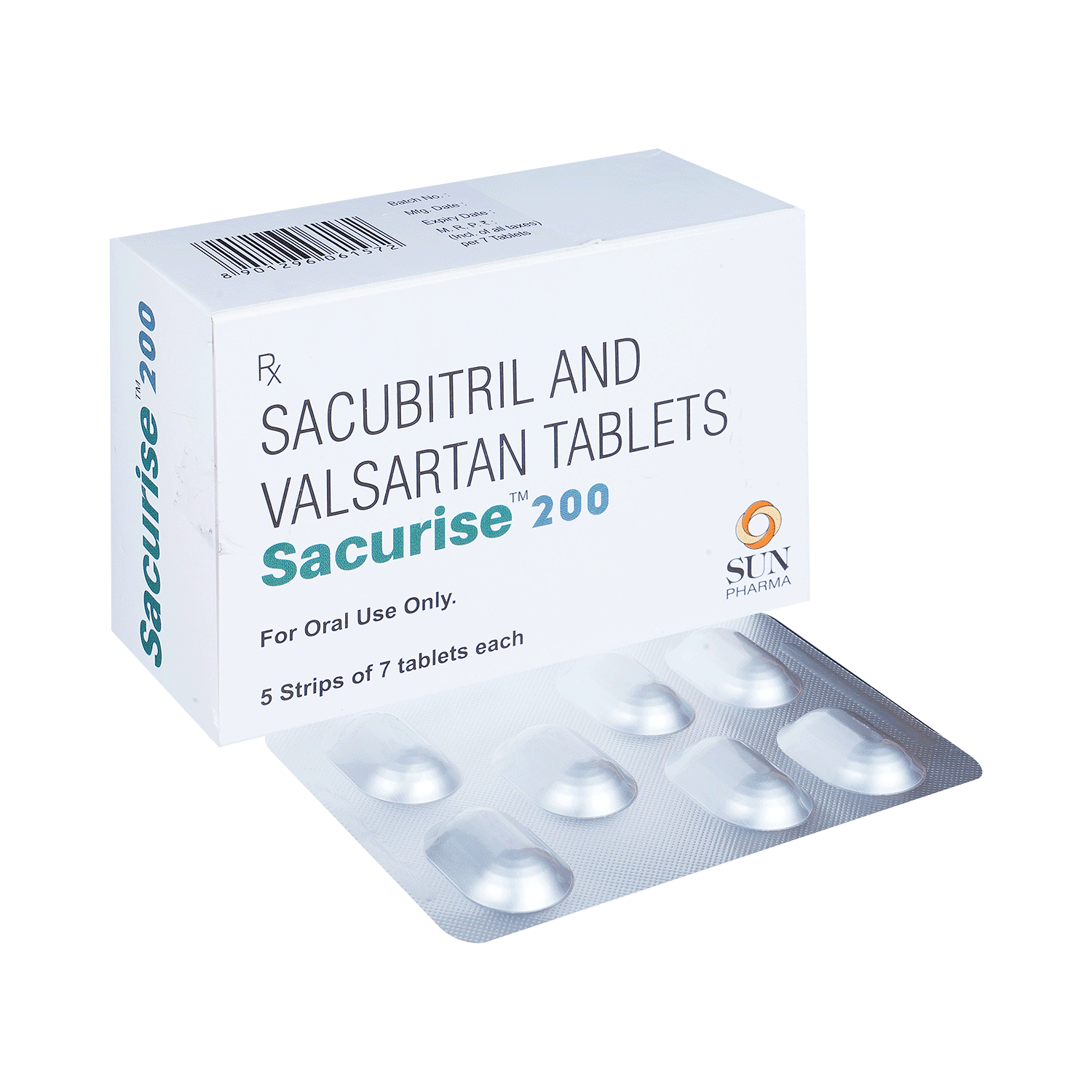
Sacurise 200 Tablet
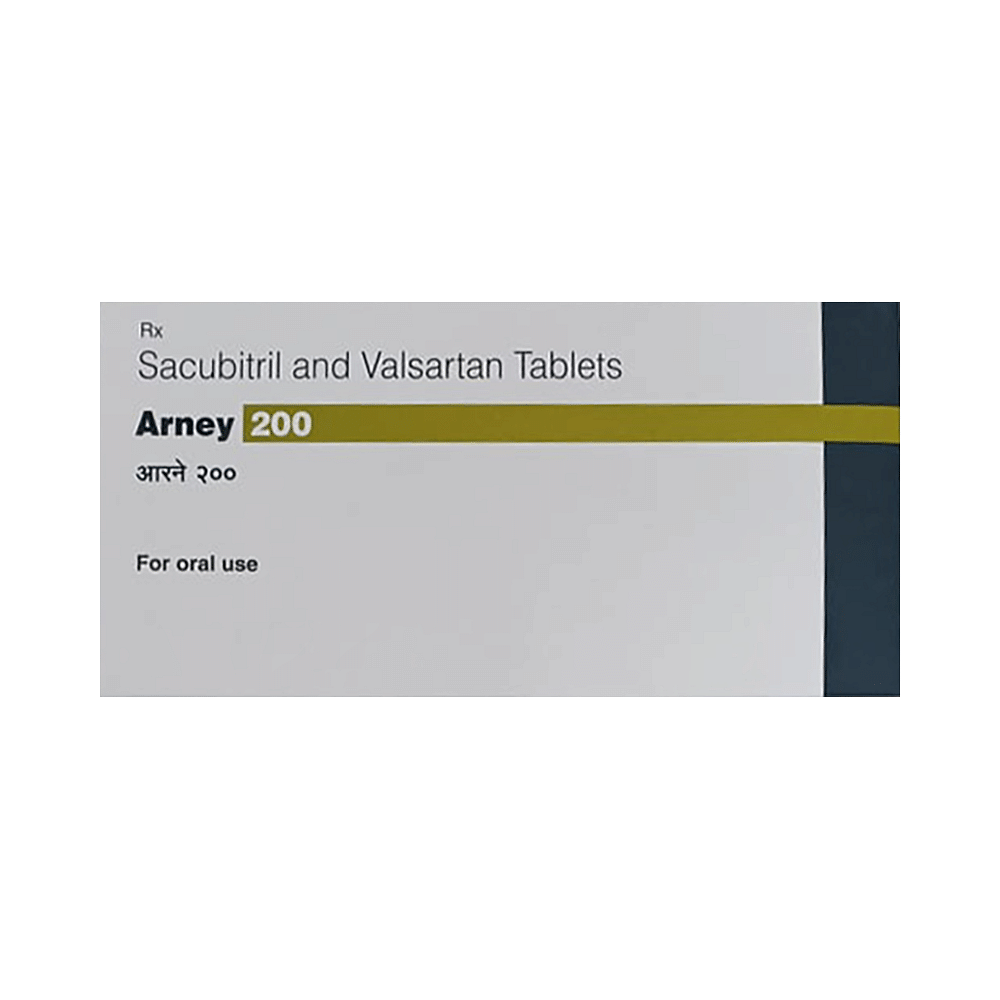
Arney 200 Tablet
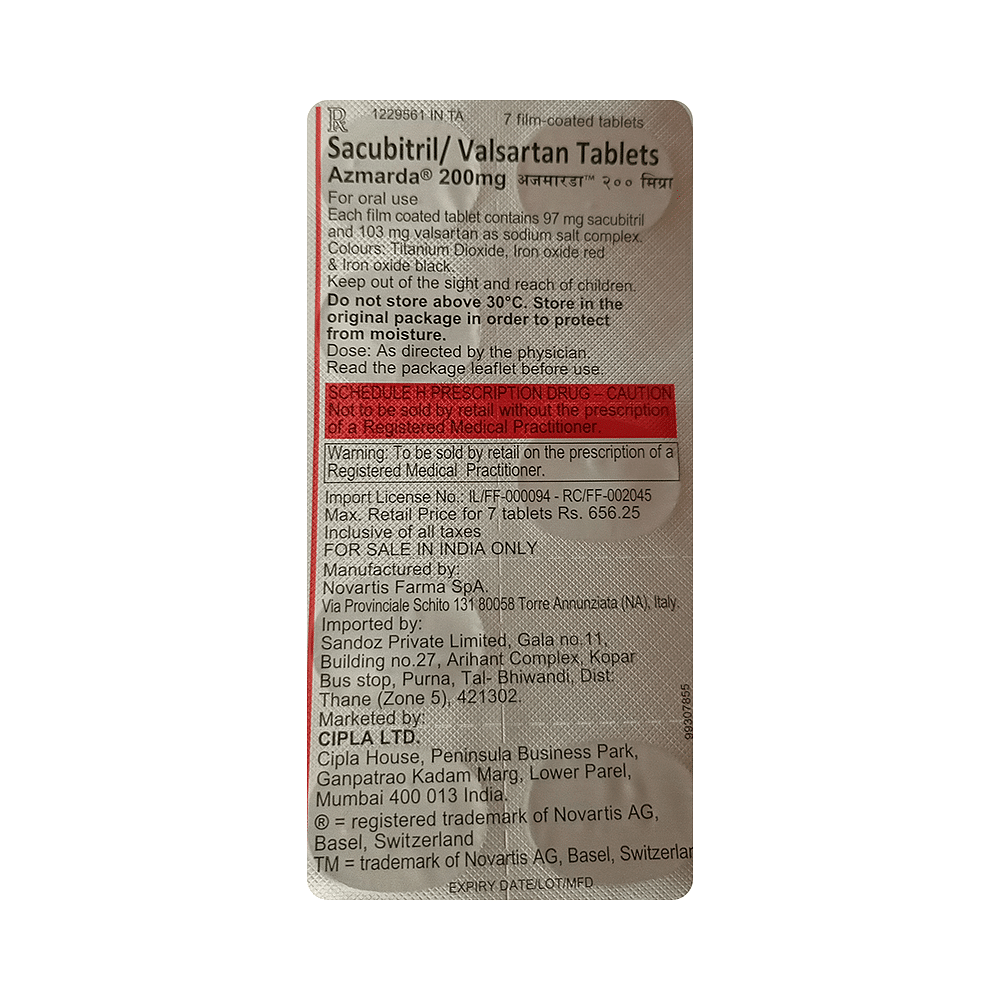
Azmarda 200mg Tablet
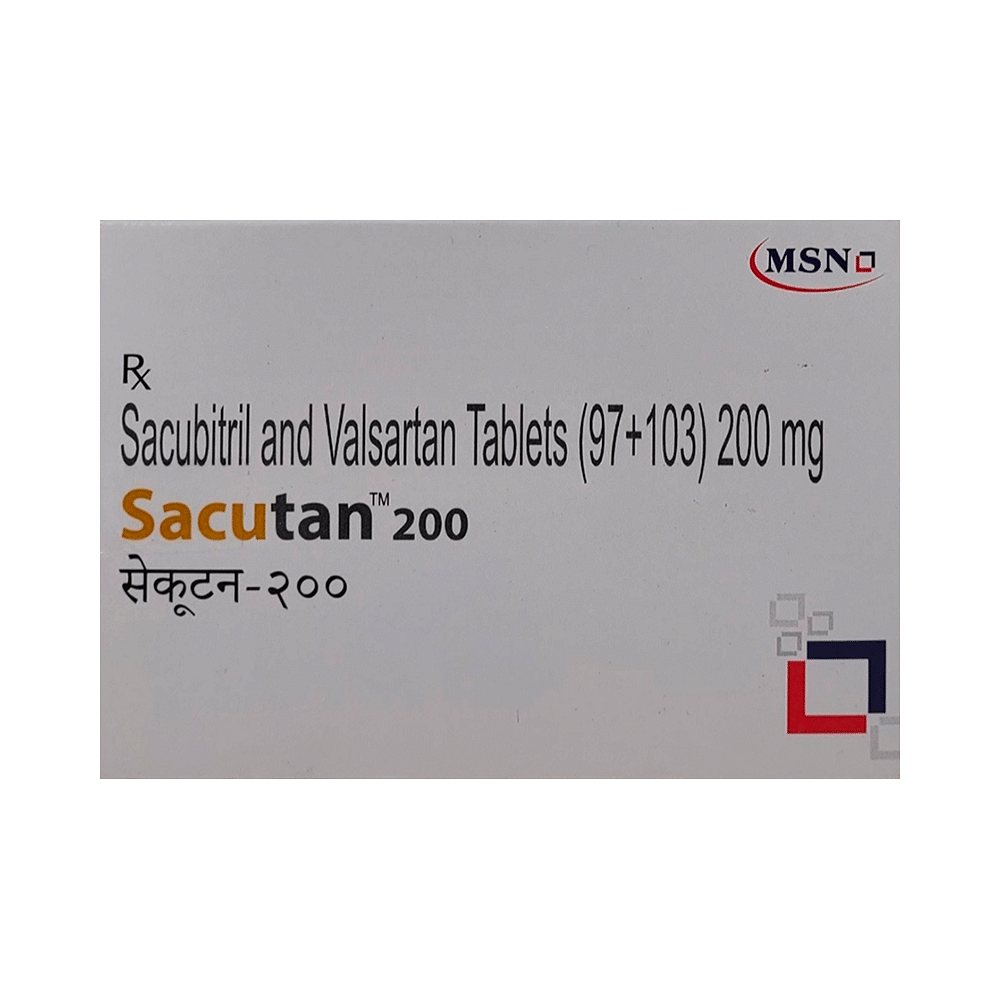
Sacutan-200 Tablet
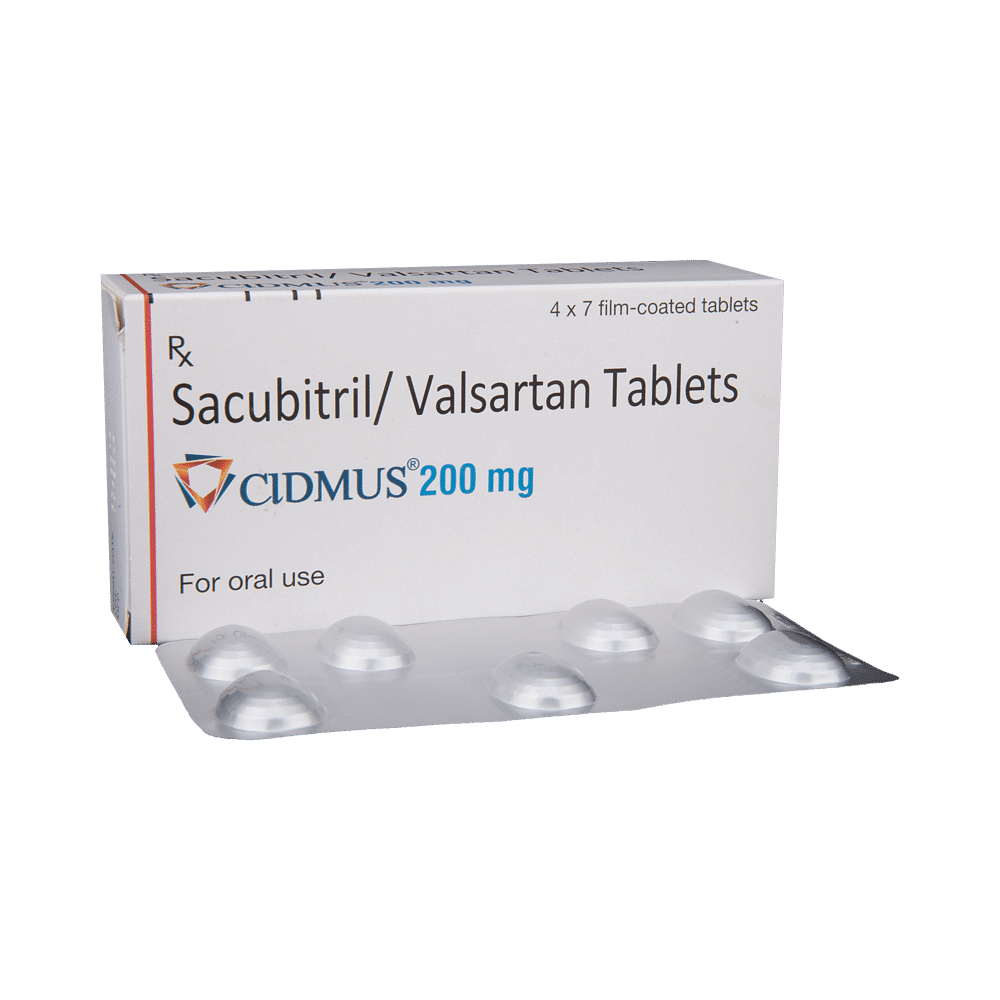
Cidmus 200mg Tablet
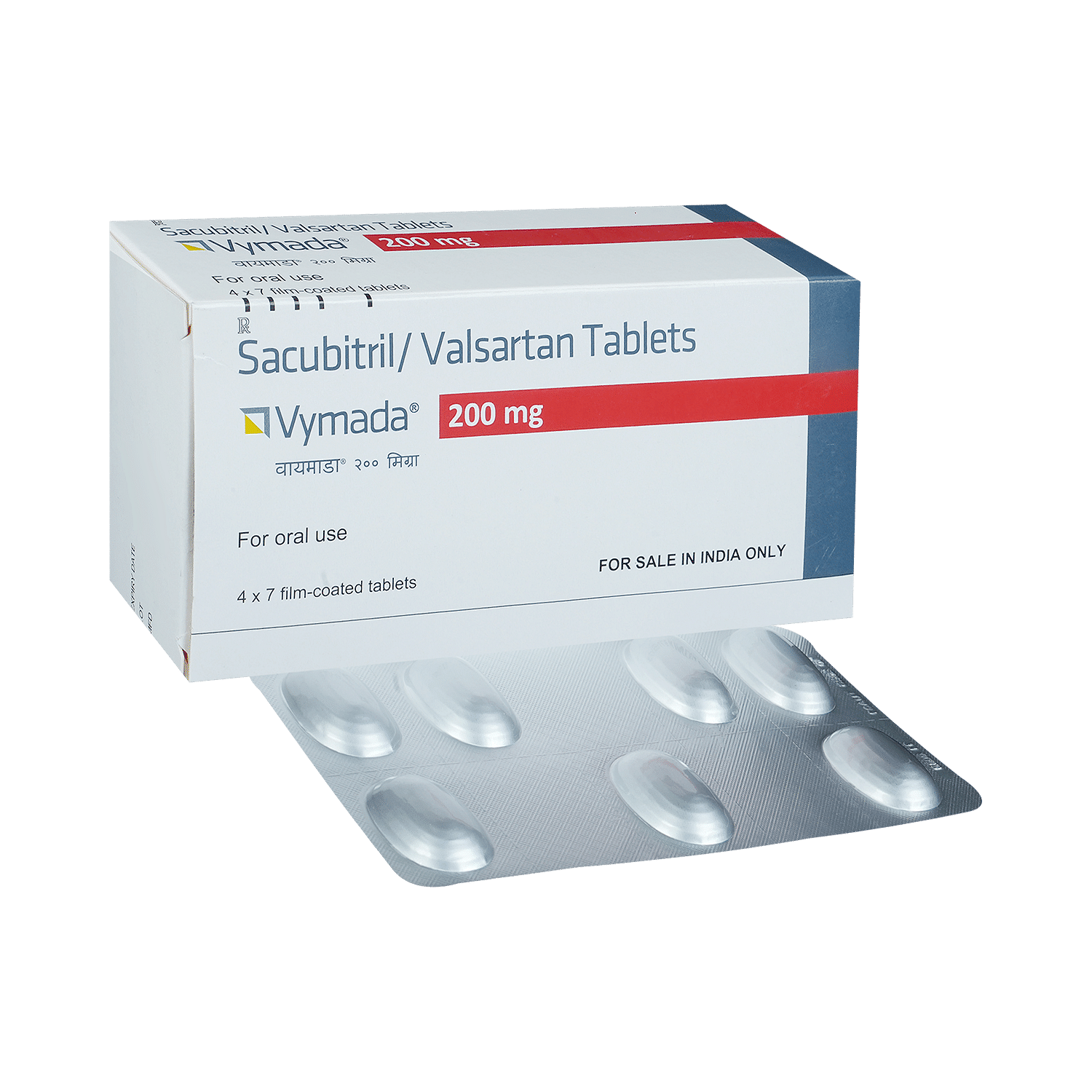
Vymada 200mg Tablet
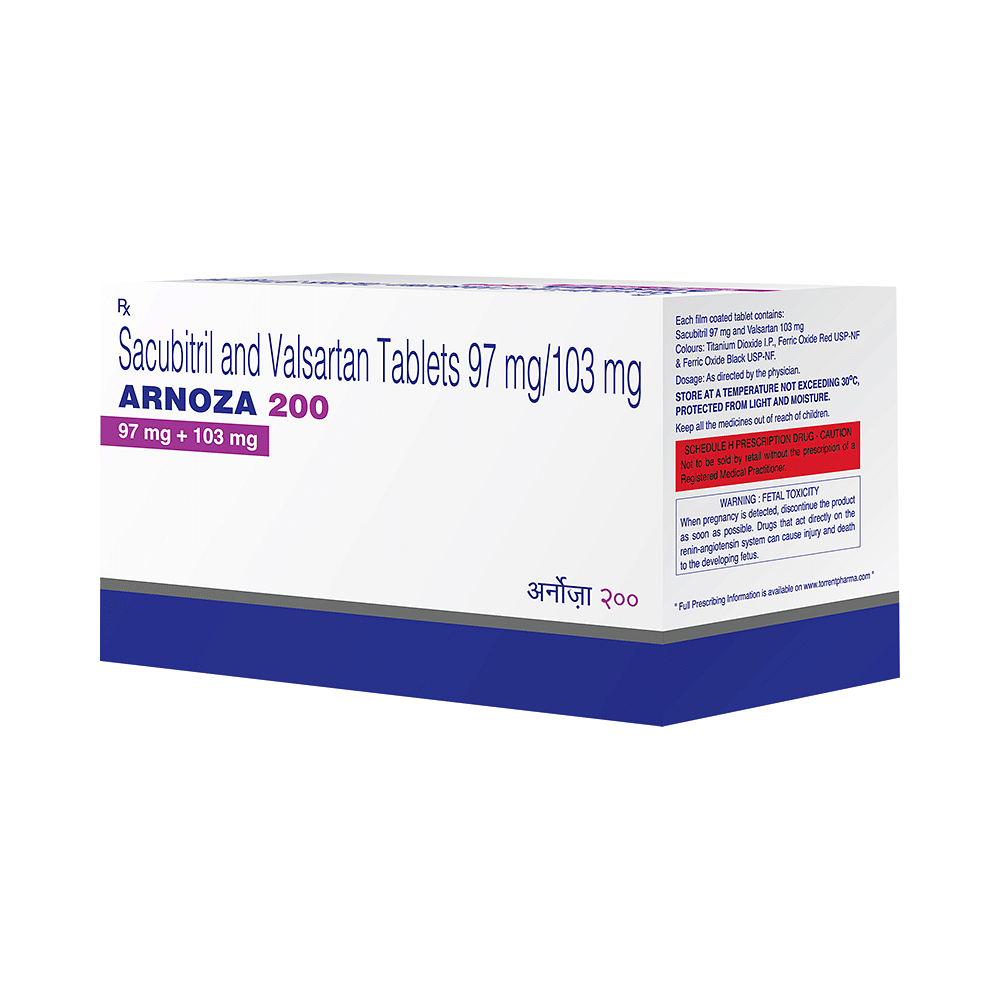
Arnoza 200 Tablet

Zuvatan 97mg/103mg Tablet
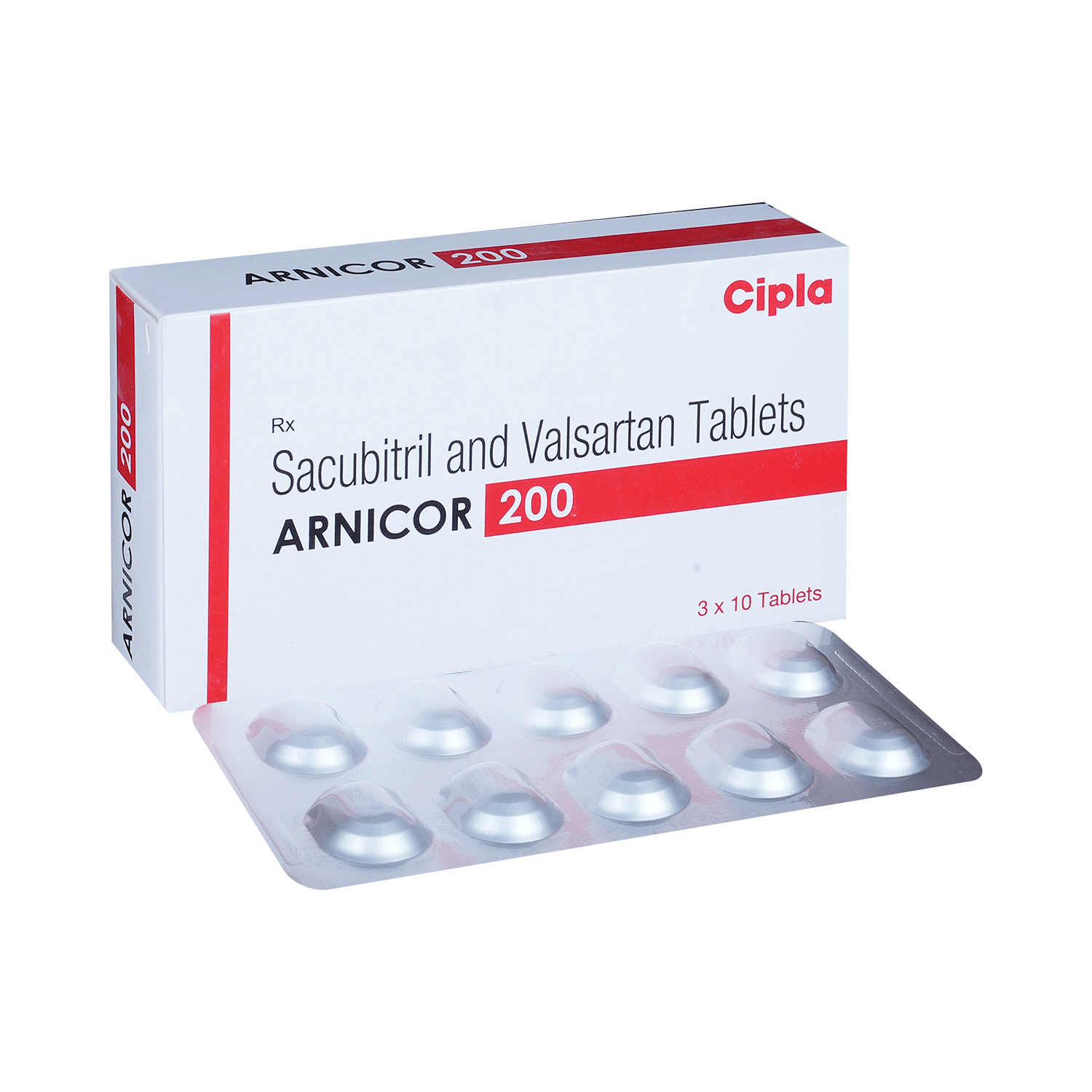
Arnicor 200 Tablet
Frequently asked questions
Who should avoid taking Provenef 97mg/103mg Tablet?
Patients with a history of allergic reactions to any of its components must not take Provenef 97mg/103mg Tablet. Additionally, those with a known allergy to ACE inhibitors or ARBs should refrain from using this medicine. It is also not recommended to use Provenef 97mg/103mg Tablet simultaneously with other antihypertensive medications, including ACE inhibitors and ARBs. Consult your doctor if you are unsure about any potential interactions.
What should I tell my doctor before taking Provenef 97mg/103mg Tablet?
Before starting Provenef 97mg/103mg Tablet, inform your doctor of all medical conditions including liver or kidney disease and a history of angioedema (facial swelling). Additionally, disclose any pregnancy or breastfeeding status. It is crucial to inform your doctor about all medications you are currently taking, particularly potassium supplements, potassium-containing medications, painkillers, blood pressure medications, and heart failure medication (such as ACE inhibitors, ARBs, or Aliskiren).
Can I use Provenef 97mg/103mg Tablet in pregnancy?
No, Provenef 97mg/103mg Tablet should not be used during pregnancy. Its use can have serious consequences for both the mother and the baby, potentially resulting in life-threatening complications. If you become pregnant while taking Provenef 97mg/103mg Tablet, immediately discontinue its use and consult your doctor.
How would I know if I have high potassium levels?
Your doctor will periodically assess your blood potassium levels to determine the presence of hyperkalemia (high potassium). Ensure that you do not miss any scheduled appointments for these assessments.


